
Going Out with Dementia – 4 Tips
At this time of year, it’s healthy to get some air and sunshine. It’s especially good for those with dementia.

At this time of year, it’s healthy to get some air and sunshine. It’s especially good for those with dementia.

Grandma hates taking her medications. With her dementia, she ends up asking 10 different times why she has to take it! What should I do?
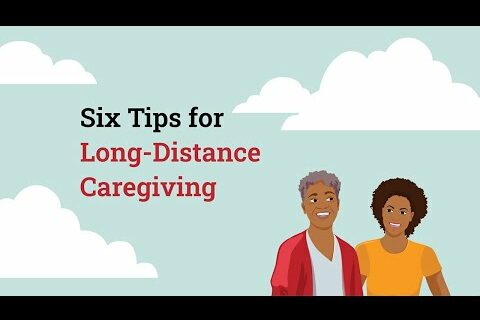
FREE BOOKLETS & CARE TIPS:
Long-distance dementia-caregiving has unique stresses. Learn what to do and how to help. Get free booklets on coping and succeeding.

Vascular dementia has struck a million Americans. It’s often caused by a stroke. Learn how easy it is to prevent a stroke when you know the signs and quickly call 911.
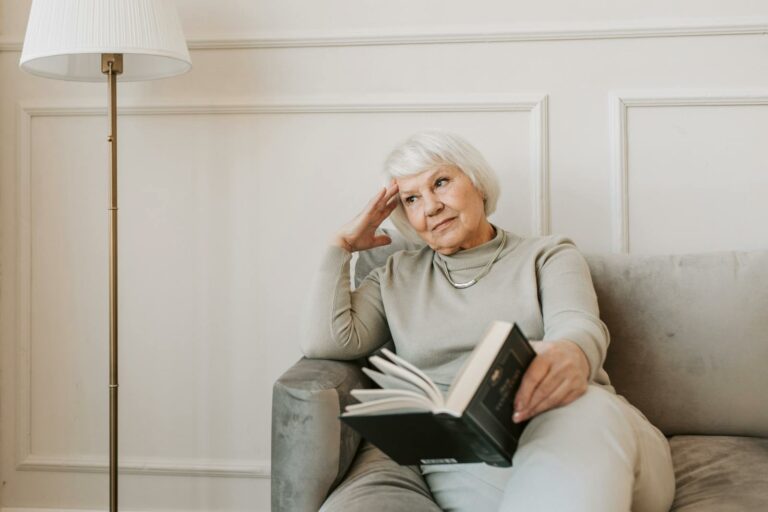
TIPS, INFO + FREE HANDBOOK:
Caring for dementia can cause caregiver burnout, endangering both patient & caregiver. Learn 8 ways to prevent it and better care for yourself. Get a free NIH Caregiver Handbook (104 pages).
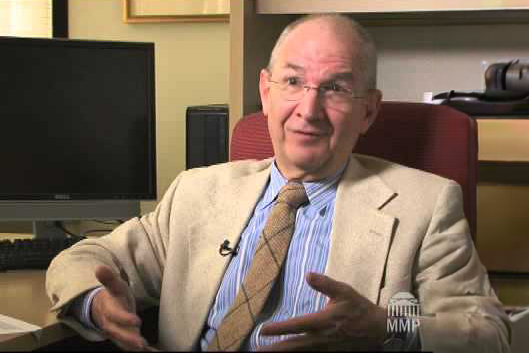
VIDEO & TRANSCRIPT: Caregiving is loving, yet frustrations can trigger guilt. See Dr. Peter Rabins, author of the #1 dementia book “The 36 Hour Day,” share healthy ways to heal caregiver guilt.

Environment, Empathy and Engagement improve sundowning, or sundowners syndrome, in dementia and Alzheimer’s. Explore effective strategies to comfort and support your loved ones symptoms.
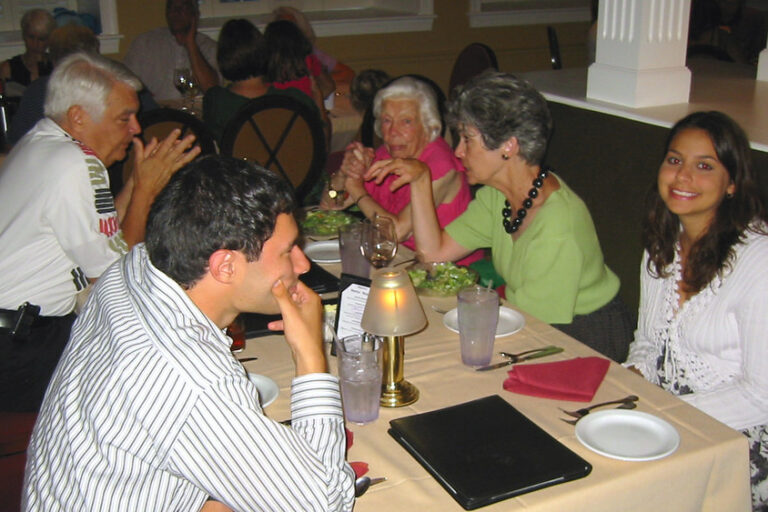
Mothers’ Day in the USA is May 12. Going out? Preparing a meal at home? Keep these tips in mind when hosting Mom with Alzheimer’s.
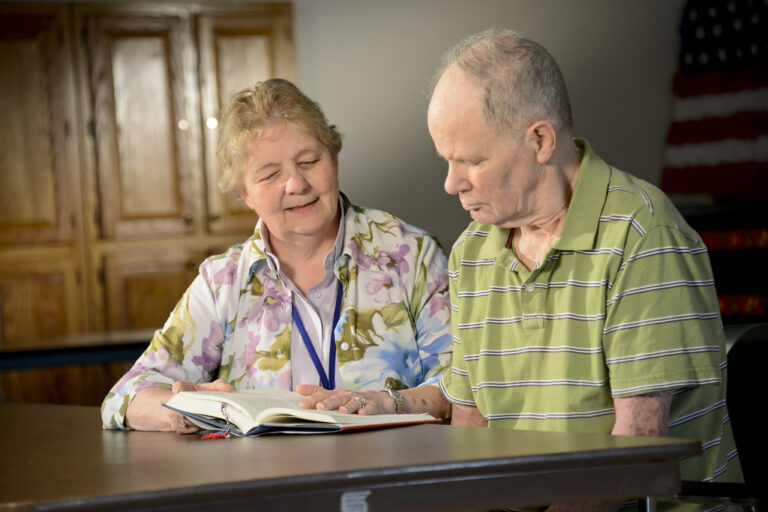
20 TIPS + NIH HOME SAFETY CHECKLIST FOR ALZHEIMER’S:
Here are 20 ways to make your home a safer place for a loved one with dementia.
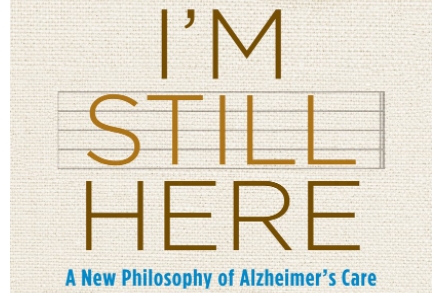
BOOK OF THE WEEK – VIDEO: “I’m Still Here” shows Dr. John Zeisel’s highly effective non-drug Alzheimer’s treatments . Therapy starts with the Arts, expanding to a spectrum of activities. See it break through the barriers of Alzheimer’s.

Salk Institute’s J147 is a derivative of turmeric, a spice used in curry. Learn how it fights memory deficits and has a host of unexpected anti-aging effects in the lab.
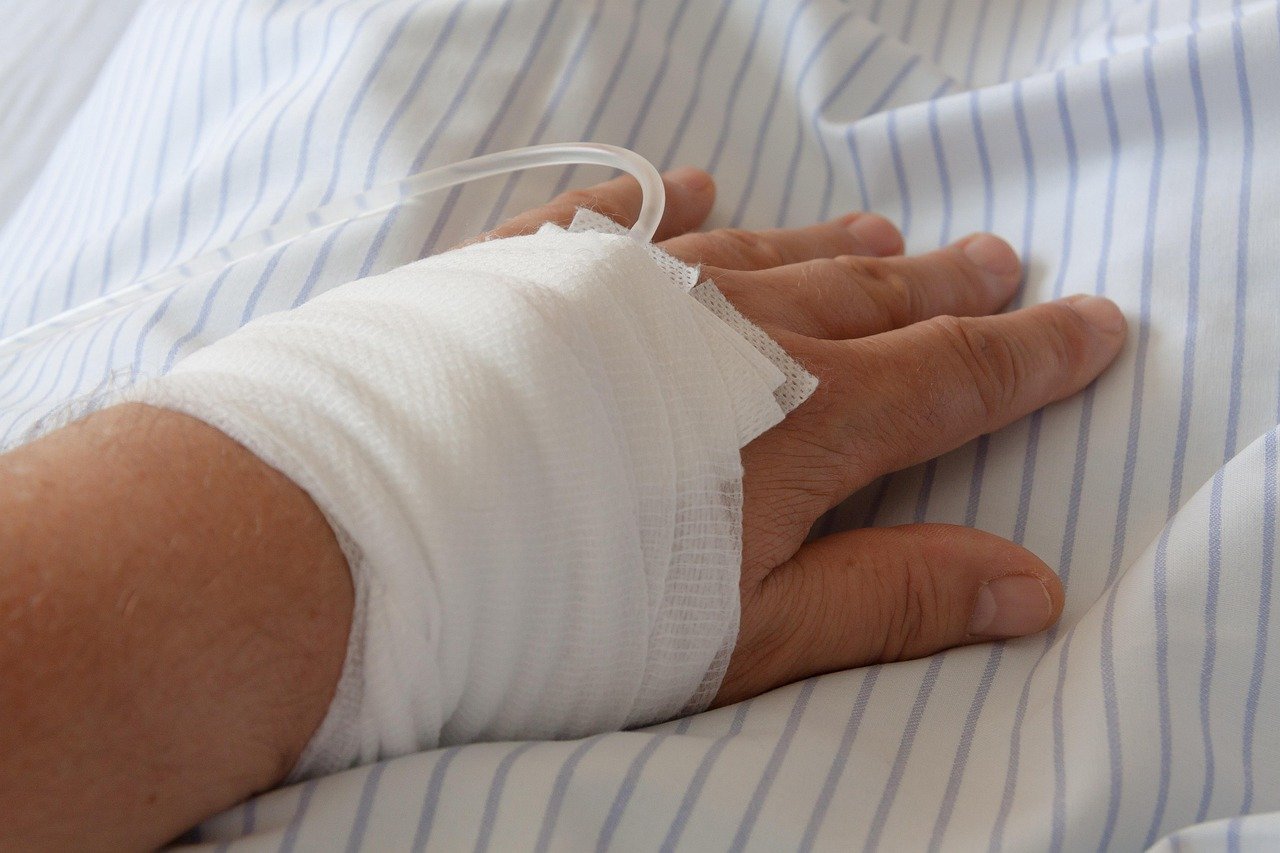
FDA approves a newly recommended dosing schedule for Kisunla (Donanemab). It’s significantly safer due to lowered ARIA-E rates, which has been the main problem with these drugs.
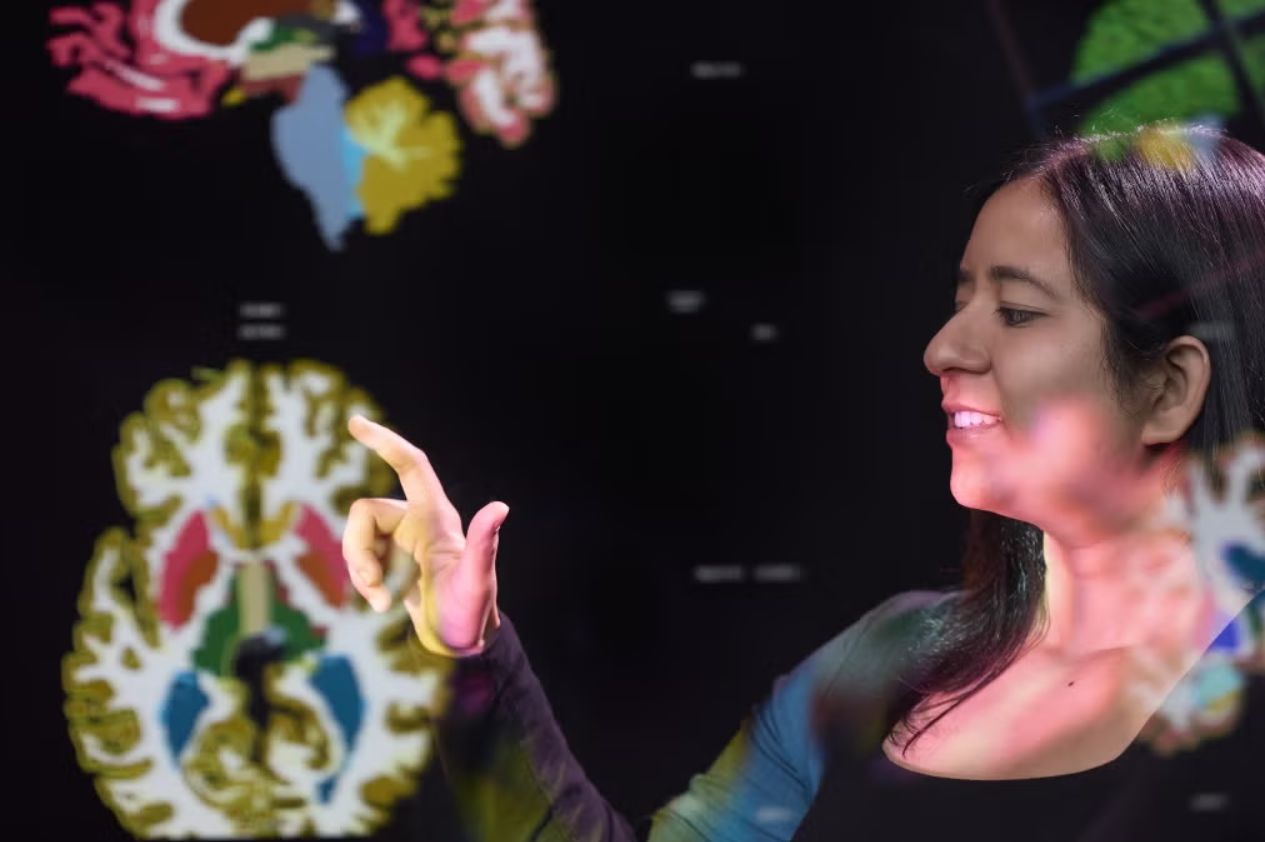
A nutrient hidden in your daily meals could hold the key to preventing and slowing Alzheimer’s. Discover what Arizona researchers are revealing about the power of choline.

SHORT-TERM MEMORY lapses are obvious signs of Alzheimer’s, but other tell-tale signals begin to show much earlier. Learn how to look for semantic impairments, such as simple questions about size.

Three important dementia studies focus on HS-AGING, a type of dementia almost as common as Alzheimer’s in the 85+ group. Yet few people have heard of it. Why? What makes it different?

An intriguing study of 120 grandmothers might surprise you. Doctors know socially engaged people have better cognition and less dementia. But can a person get too much of a good thing? What’s the right balance?

Enjoy this great duet between a musician with dementia and his son. A triumph of spirit over Alzheimer’s! Sing-a-long if you like!
No spam, only news and updates.



This site was inspired by my Mom’s autoimmune dementia.
It is a place where we separate out the wheat from the chafe, the important articles & videos from each week’s river of news. Google gets a new post on Alzheimer’s or dementia every 7 minutes. That can overwhelm anyone looking for help. This site filters out, focuses on and offers only the best information. It has helped hundreds of thousands of people since it debuted in 2007. Thanks to our many subscribers for your supportive feedback.
The site is dedicated to all those preserving the dignity of the community of people living with dementia.
Peter Berger, Editor